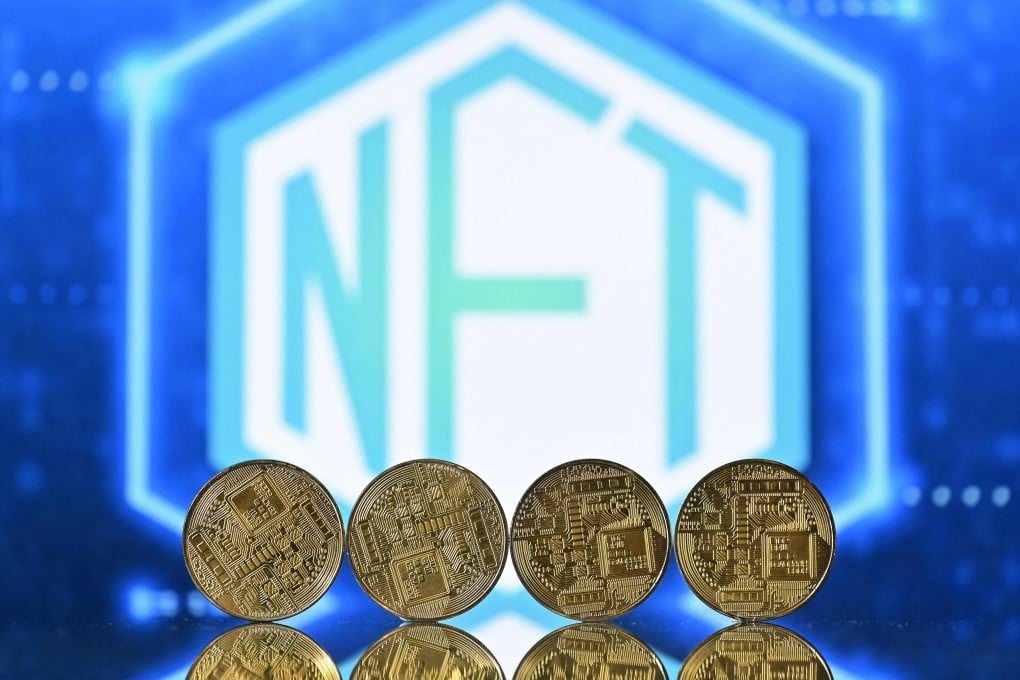China NFTs: Tencent and Ant Group join industry pledge to ban cryptocurrency and fight speculation
- In a new ‘self-discipline initiative’, China’s biggest tech firms agreed to enforce real-name authentication for NFT buyers and to avoid secondary marketplaces
- The agreement, which is not legally binding, is an acknowledgement from the industry of regulations that already exist in China for blockchain-based assets

Platforms that sell digital collectibles, the term used in mainland China for NFTs that cannot be traded using cryptocurrency, “shall require real-name authentication of those who issue, sell and buy” the assets and “only support legal tender as the denomination and settlement currency”, reads the 14-article document endorsed by many of China’s biggest tech firms.
The agreement calls on signatories to “firmly resist speculation” in the market. “Do not contain financial assets or unlicensed financial products, including securities, insurance, credit and precious metals, in blockchain-supported goods,” it reads.
The document also said digital collectible platforms should have relevant certifications, including those required for blockchain service providers, internet culture operators and telecoms business operators.
The initiative “recognises NFT technology’s use in intellectual property protection and cultural product registration”, said Luo Jun, secretary general of the metaverse committee of the China Computer Industry Association. However, as cryptocurrency is banned in China, there is need for further regulation to curb financial risks, according to Luo.
The initiative was formed by the industrial association and multiple market operators, “which do not represent the government’s stance”, he added.